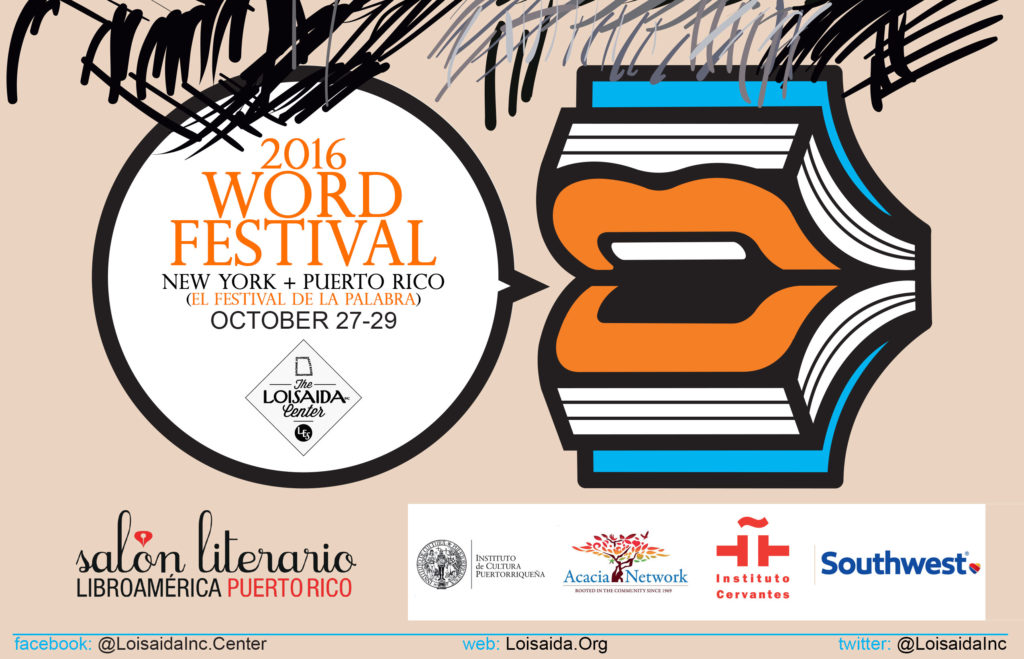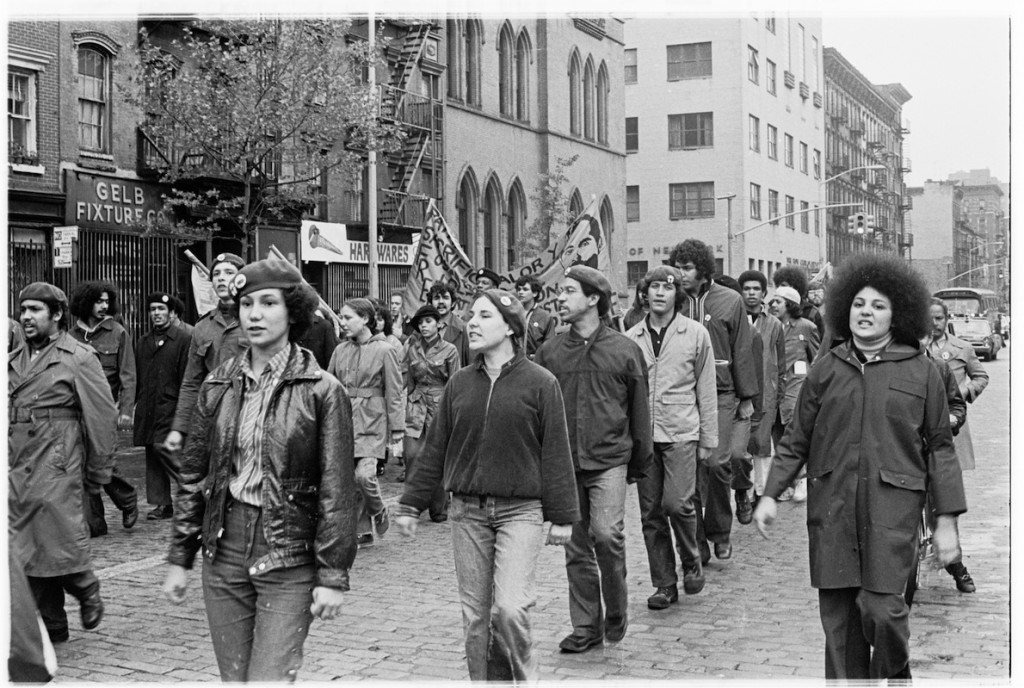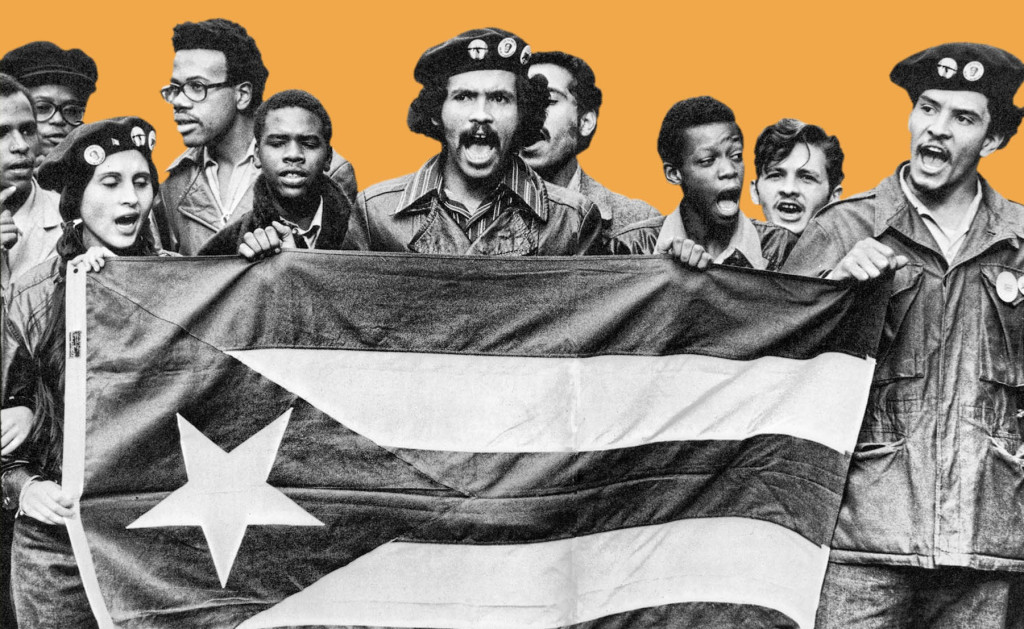Join the Nuyorican Poets Cafe for our off-site edition of the OPEN MIC hosted by Solpreme at the Loisaida Center (710 East 9th Street, New York, NY 10009).
Join the Nuyorican Poets Café for another off-site edition of the hugely successful WOMXN ORATORS WEDNESDAY (“W.O.W.”) Open Mic at the Loisaida Center (710 East 9th Street, New York, NY 10009). Open to all genres including poetry, music, comedy, and story-telling.
In-person live recorded event. Buy ticket(s) in advance or at the door – the signup sheet for performing on stage is available after you enter.
Join the Nuyorican Poets Cafe for our off-site edition of the OPEN MIC hosted by Solpreme during our 3-year #Nuyoricanstruction of our building – at the nearby Loisaida Center in the Lower East Side (“Loisaida”) in Manhattan, New York City!
Open Mic hosted by Solpreme – a Nuyorican Poets Café offsite event at Loisaida Center
Join the Nuyorican Poets Café for our off-site edition of the OPEN MIC hosted by Solpreme during our 3-year #Nuyoricanstruction of our building – at the nearby Loisaida Center in the Lower East Side (“Loisaida”) in Manhattan, New York City!
W.O.W. Open Mic – a Nuyorican Poets Café offsite event at Loisaida Center
Join the Nuyorican Poets Café (NPC) for the off-site edition of our monthly WOMXN ORATORS WEDNESDAY Open Mic during our 3-year #Nuyoricanstruction of our building – at the nearby Loisaida Center in the Lower East Side (“Loisaida”) in Manhattan, New York City!
Festival de la Palabra (The Word Festival) is the top literary event in Puerto Rico, and the only literary festival in the world based on one single community -the Puerto Rican community- which is held in two very distinct cities: San Juan and New York, and for the first time celebrated at Loisaida Inc. in the heart of the Lower East Side of Manhattan.
Over 15,000 visitors attend this international encounter of writers and readers, featuring 100 prestigious authors from Puerto Rico and 20 other countries in America, Europe and Africa, all sharing their common passion for literature.
More details coming soon.
Sept. 24th, 2015 – “The Look of Sovereignity: Style and Politics in the Young Lords”
+++++++++++++++++++++++++++++++++++++++++++++++++
Frances Negrón-Muntaner
Filmmaker, writer, and scholar.
Her work is focused on a comparative exploration of coloniality, primarily in Puerto Rico and the United States, with special attention given to the intersections between race, ethnicity, gender, sexuality and politics. She is an associate professor of English and Comparative Literature and Director of the Center for the Study of Ethnicity and Race at Columbia University in New York City. She has also contributed to the Huffington Post, El Diario/La Prensa, and 80 Grados, and since 2008 has served as a Global Expert for the United Nations Rapid Response Media Mechanism. She is one of the best-known Puerto Rican lesbian artists currently living in the United States.
Sept. 24th, 2015 – “We refused to cave In”: Gender, Race, Class, and Decolonial Intersectionality in the Young Lords’ Liberation Politics
+++++++++++++++++++++++++++++++++++++++++++++++++
Darrel Wanzer-Serrano
Assistant Professor, The University of Iowa
Based on a chapter from The New York Young Lords and the Struggle for Liberation (Temple University Press, 2015), this talk engages the process by which the Young Lords shifted from an organization rooted in the idea that “machismo” could be “revolutionary” to one that rejected machismo as a product of a racist/sexist/imperialist/capitalist system. The Young Lords advanced a nuanced and cutting-edge critique of the intersectionality of oppression and extended their analysis from the internal workings of the organization to society at large. The transformation ushered in by this “revolution within the revolution” was not instantaneous, however. Rather, there was significant struggle within the organization that first led to policy and leadership changes. Once the Young Lords advanced the rejection of machismo in their official platform, it opened space for the emergence of a gay and lesbian caucus and coalitional politics with lesbian, gay, and trans* activists, like Sylvia Rivera. Their intersectional perspective was central, I argue, to a kind of decolonial critical politics that eschewed a focus on rights in preference for attentiveness to and claims for liberation. In this framework, which is also advanced by most scholars of de/coloniality, liberation is an alternative to emancipation—the latter of which relies on claims to recognition that fortify the legitimacy of the modern/colonial system. Liberation, then, seeks a liberty delinked from classical liberalism, mindful of affiliations and fraternal connections, and guided by an ethic of decolonial love, even as colonial wounds can never fully heal.
About the book:
The book summary and a blurb by Andrés Torres can be found on the Temple Press website here: http://www.temple.edu/tempress/titles/2346_reg.html
The publicity manager at Temple is Gary Kramer and can be reached at gkramer@temple.edu.
Author/Speaker Short Bio:
Darrel Wanzer-Serrano is an assistant professor of communication studies at the University of Iowa.
- 1
- 2



